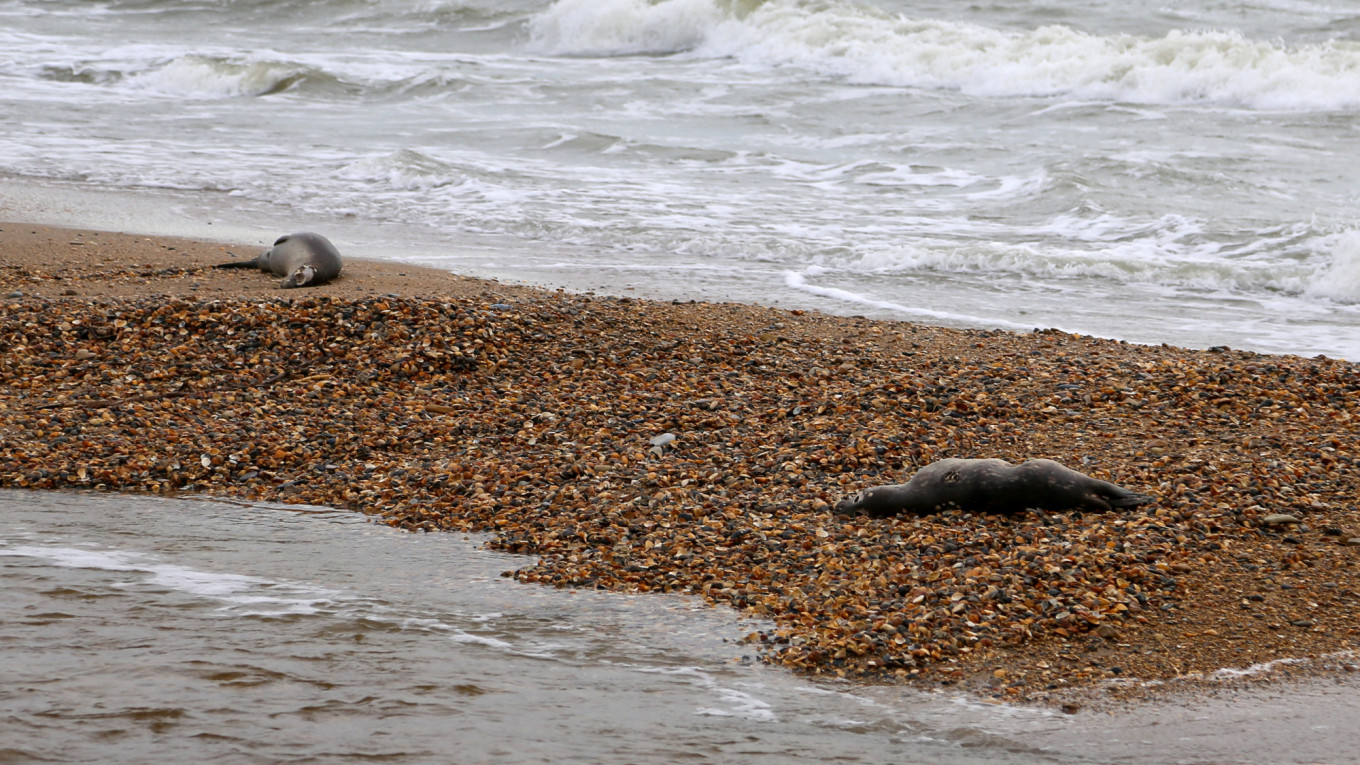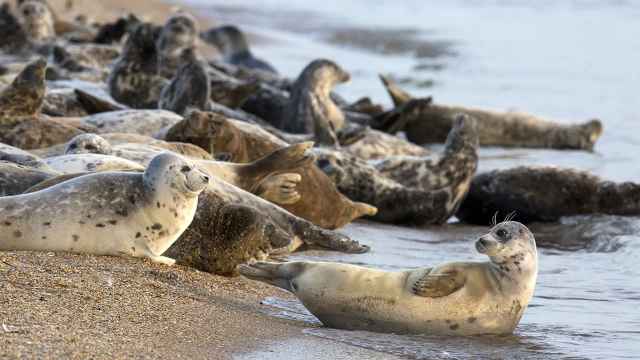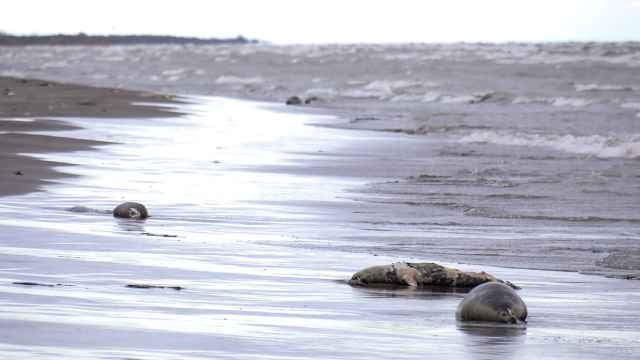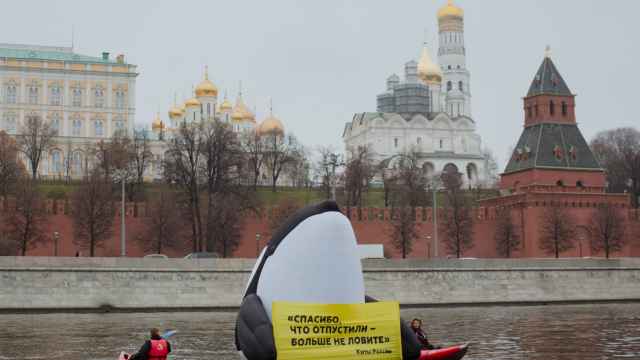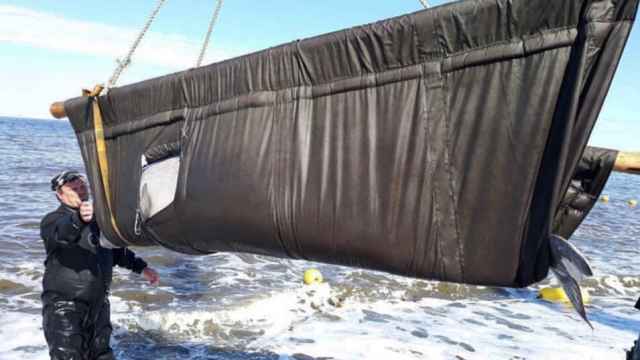At least 170 endangered seals washed up dead over the course of several days on the shores of the Caspian Sea in Russia's republic of Dagestan, researchers told AFP on Thursday.
"These are the dead animals that we saw, photographed and whose GPS coordinates we noted," said Viktor Nikiforov of the Moscow Marine Mammals research center.
Images shared with AFP showed several seal carcasses washed up on the beach.
The deaths may have been caused by "industrial pollution, fishing or poaching when seals get caught in the nets," Nikiforov said.
"Maybe this is the consequence of climate change or several causes at the same time," he added.
He said that it would take a year of "serious surveillance" to precisely identify the cause of the disaster.
According to the researchers, the seals were found some 100 kilometers south of Makhachkala, the capital of Dagestan, and others washed up 50 kilometers north of the city.
Contacted by AFP, the Russian Federal Fisheries Agency in the North Caucasus said it had dispatched inspectors to carry out a new count.
The Investigative Committee, which probes major crimes in Russia, said it was looking into the incident.
The Caspian Sea, the world's largest inland body of water, is bounded by five countries: Russia, Kazakhstan, Azerbaijan, Iran and Turkmenistan.
The seal population of the Caspian Sea has for decades suffered from over-hunting and the effects of industrial pollution.
Experts say there are now about 70,000 Caspian seals, down from more than 1 million in the early 20th century.
Pollution from the extraction of oil and gas there, along with declining water levels due to climate change, pose a threat to many species and put the future of the sea itself at risk.
The UN Environment Program has warned that the Caspian "suffers from an enormous burden of pollution."
In December 2020, authorities reported the death of nearly 300 endangered seals on Dagestan's Caspian shore.
A Message from The Moscow Times:
Dear readers,
We are facing unprecedented challenges. Russia's Prosecutor General's Office has designated The Moscow Times as an "undesirable" organization, criminalizing our work and putting our staff at risk of prosecution. This follows our earlier unjust labeling as a "foreign agent."
These actions are direct attempts to silence independent journalism in Russia. The authorities claim our work "discredits the decisions of the Russian leadership." We see things differently: we strive to provide accurate, unbiased reporting on Russia.
We, the journalists of The Moscow Times, refuse to be silenced. But to continue our work, we need your help.
Your support, no matter how small, makes a world of difference. If you can, please support us monthly starting from just $2. It's quick to set up, and every contribution makes a significant impact.
By supporting The Moscow Times, you're defending open, independent journalism in the face of repression. Thank you for standing with us.
Remind me later.


